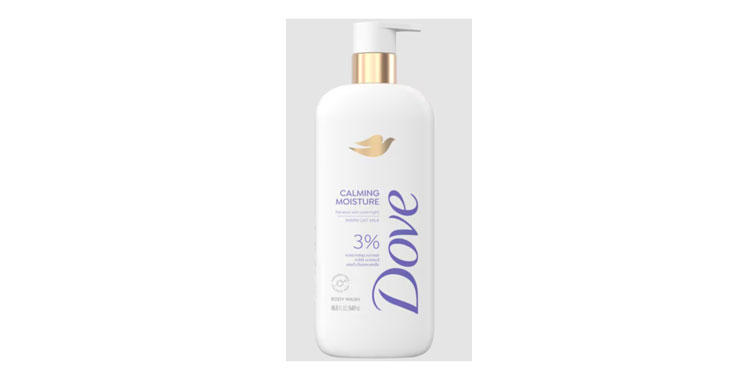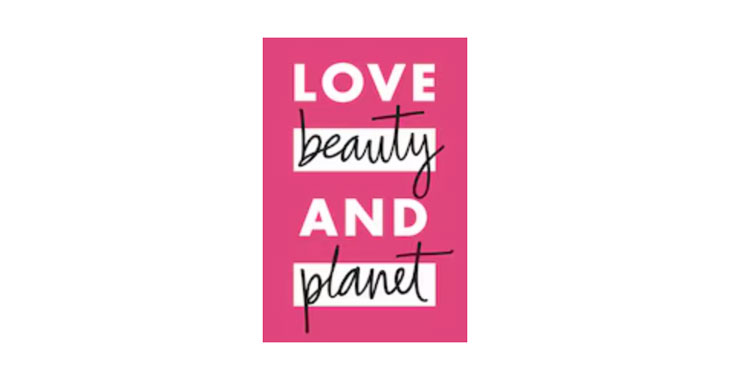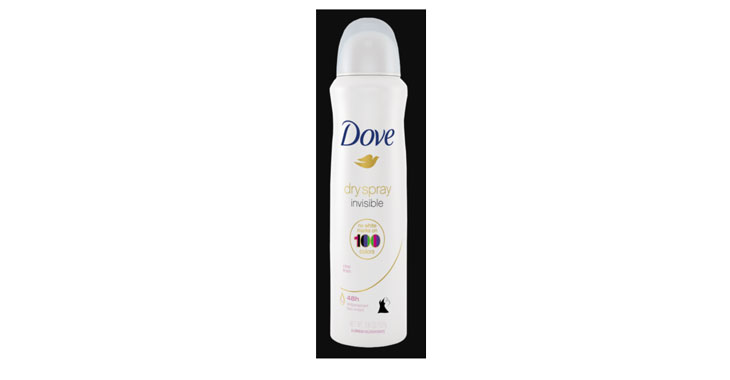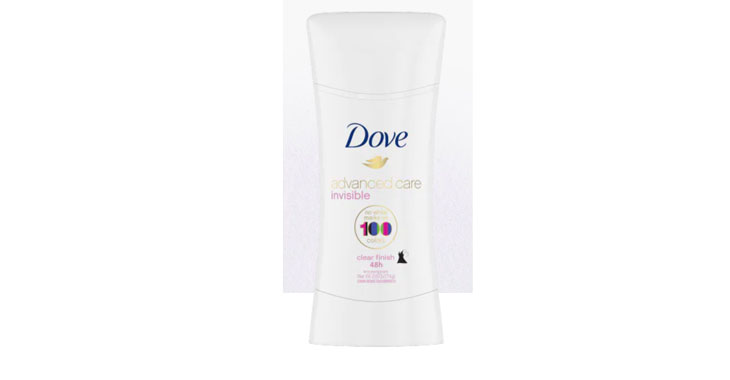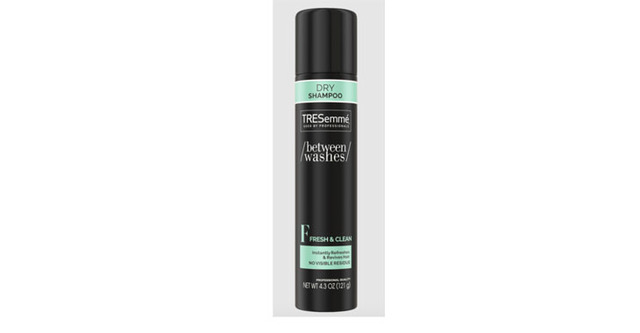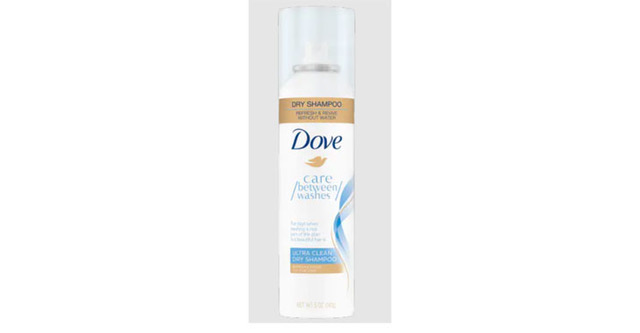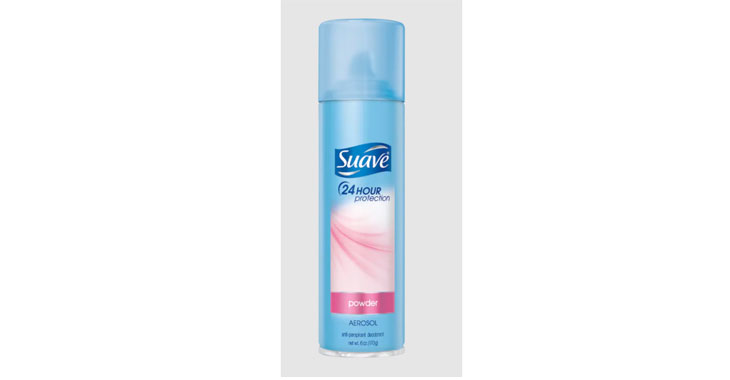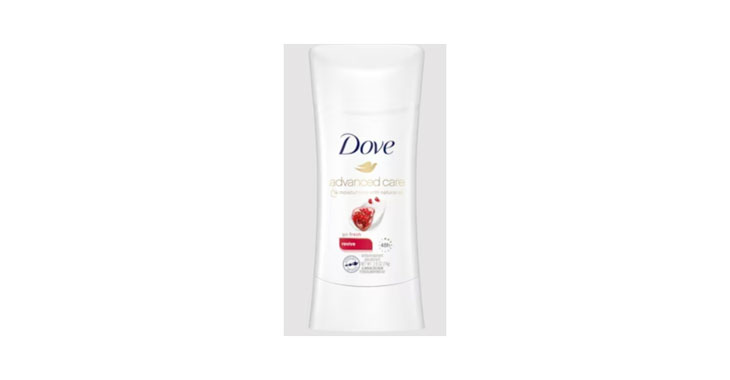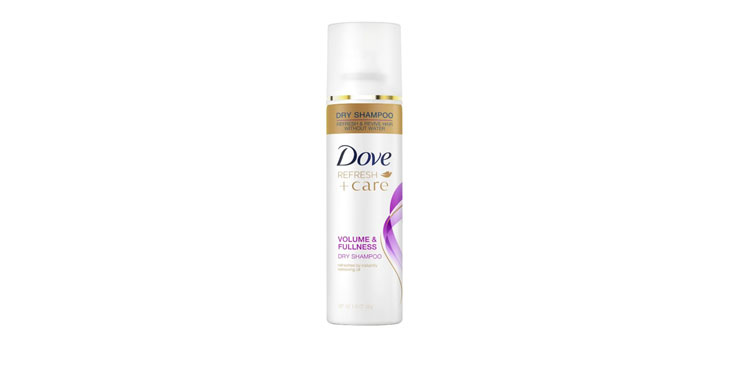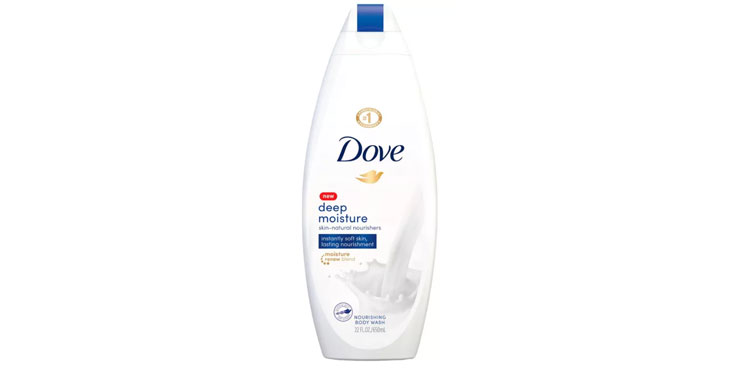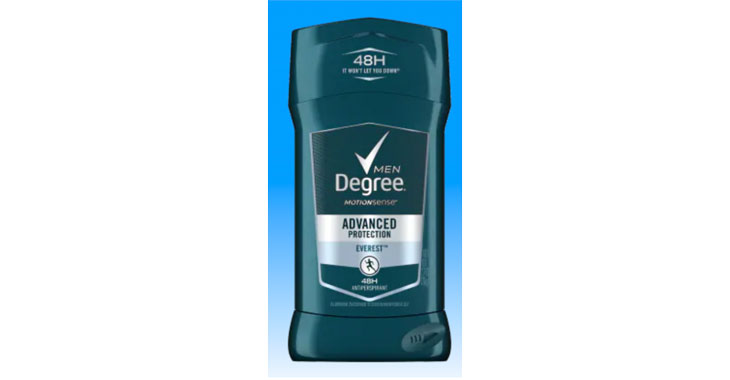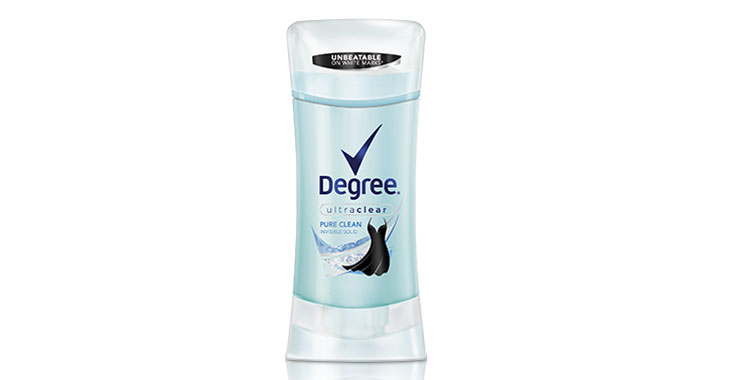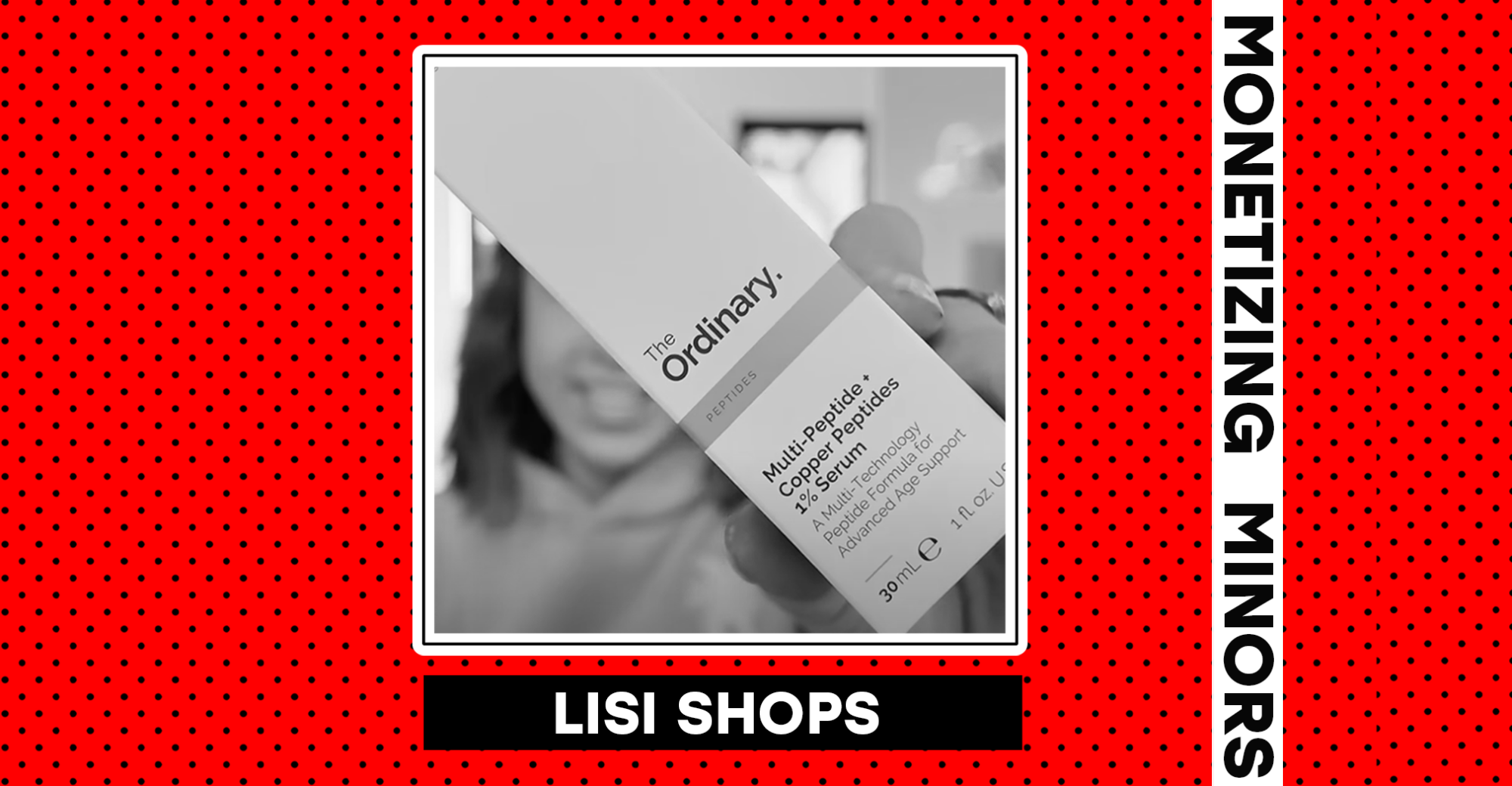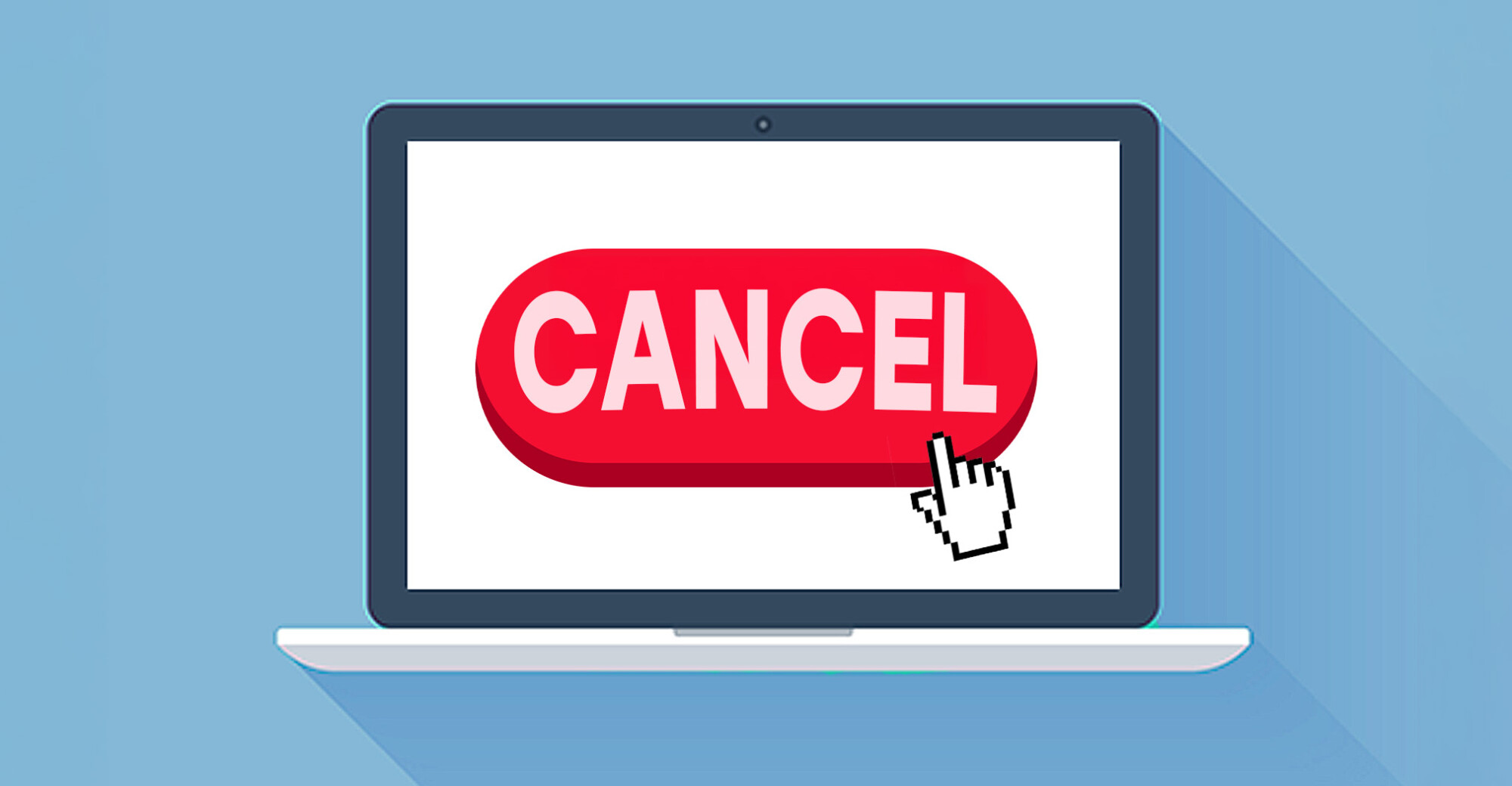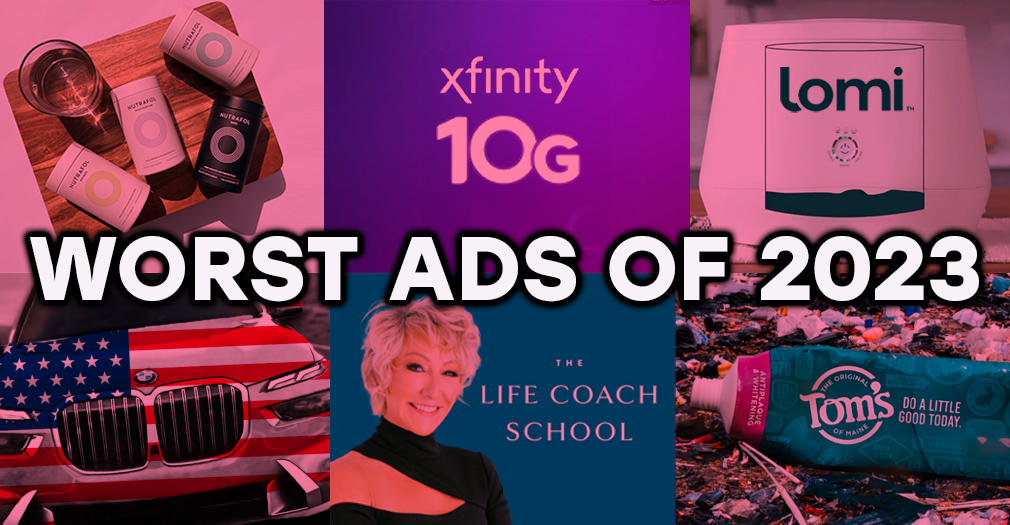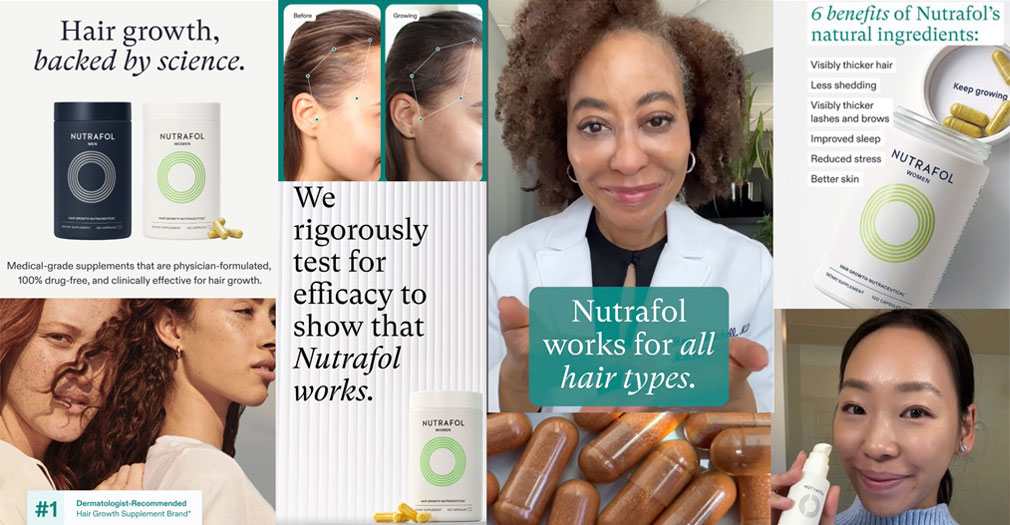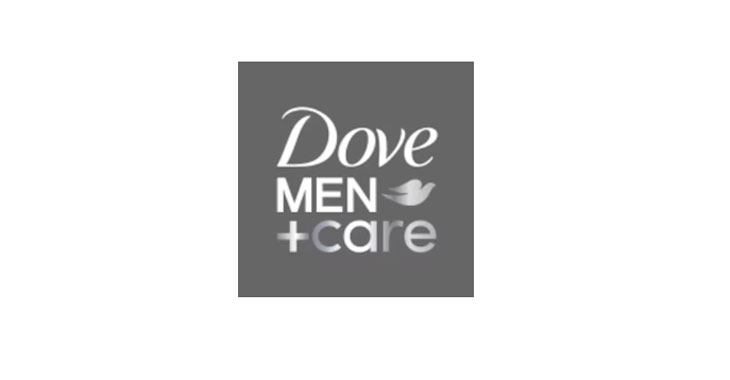
Dove Men+Care 0% Aluminum Deodorant
Allegations: Falsely marketing that products do not contain alcohol ingredients when they contain benzyl alcohol
Little et al. v. Unilever United States, Inc.
22-cv-1189, D. Conn.
(Sept. 2022)
Loudenslager et al. v. Unilever United States Inc.
23-cv-625, D. Conn.
(Dec. 2022)
Suave, TIGI, Tresemmé, Dove, Nexxus, and Living Proof dry shampoos
Failing to disclose products contain high levels of the carcinogen benzene
Little case: Pending
Loudenslager case: Consolidated with similar lawsuits in Little v. Unilever
Allegations: Falsely marketing that products do not contain alcohol ingredients when they contain benzyl alcohol
Allegations: Deceptively advertising that products deliver the anti-aging benefits of retinol
Allegations: Falsely marketing that products contain specific amounts of “naturally derived” and/or “plant-based” ingredients
Allegations: Falsely advertising that products do not leave white marks
Allegations: Falsely marketing products as causing “no white marks on 100 colors” and being “invisible” when the active ingredient actually causes white marks
Allegations: Deceptively marketing products as “anti yellow stains” and “anti white marks” when the active ingredient actually causes both
Allegations: Misleadingly representing that products prevent white marks and stains when they actually cause both
Allegations: Failing to disclose products contain the carcinogen benzene
Allegations: Failing to disclose that products may contain the carcinogen benzene
Allegations: Failing to disclose that products contain the carcinogen benzene
Allegations: Falsely marketing that products contain natural oil ingredients when the oils in them are synthetic
Allegations: Failing to disclose that products contain the carcinogen benzene
Allegations: Misleadingly advertising bodywash as “microbiome gentle” when it contains ingredients that cause skin reactions, and as containing “skin-natural nourishers” when it contains synthetic ingredients
What’s this kidfluencer doing promoting a “youth cream”?
Companies should not be able to trap consumers into subscriptions that they do not want.
Six big game marketers that have been accused of fumbling ad claims.
Some of the worst ads TINA.org covered this year.
TINA.org files complaint with the FDA and FTC over company’s hair growth claims.
